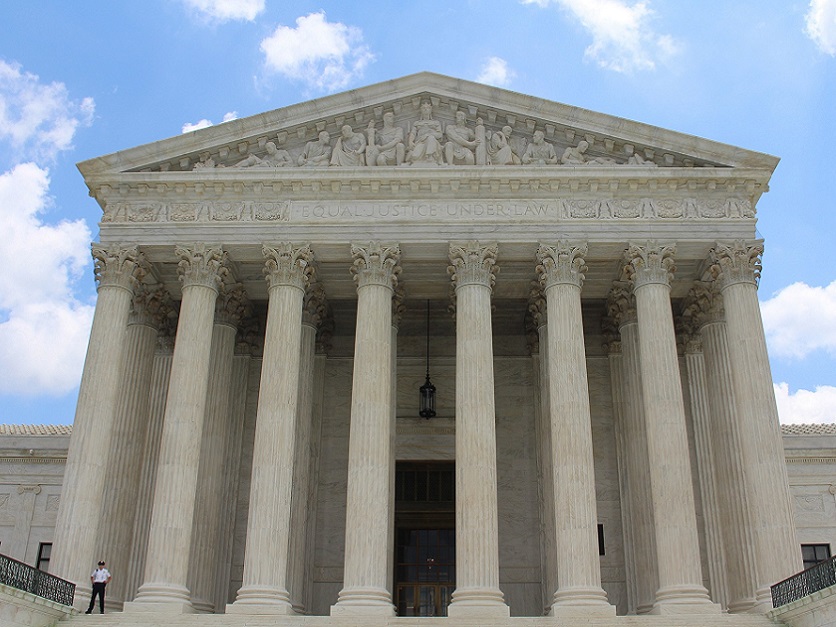A California law allowing farm labor organizers to enter private property for up to three hours a day, 120 days a year amounts to an unconstitutional taking requiring compensation, the Supreme Court concluded in an opinion issued Wednesday.
Cedar Point Nursery, which grows strawberries in Dorris, Calif., near the Oregon border, and Fowler Packing Co. in Fresno filed the petition, represented by the Pacific Legal Foundation.
The incident that prompted the request for Supreme Court review occurred in October 2015 at the nursery when, “with bullhorns in hand, [United Farm Workers] activists entered the trim sheds, where hundreds of Cedar Point’s employees were delicately preparing fledgling strawberry plants for shipment,” the petition to the court said.
Pacific Legal Foundation senior attorney Joshua Thompson, who represented the companies, called the decision “a huge victory for property rights” and said it “affirms that one of the most fundamental aspects of property is the right to decide who can and can’t access your property.”
Michael Droke, an attorney at Dorsey & Whitney who advises California agriculture corporations and co-ops, said the case "applies to agricultural employers only. Non-agricultural employers are governed by the federal National Labor Relations Act, [which] allows employers to prohibit non-employee access to their property."
Citing Supreme Court precedent, the high court said “[G]overnment-authorized invasions of property — whether by plane, boat, cable, or beachcomber — are physical takings requiring just compensation.”
"Because the regulation appropriates a right to physically invade the growers’ property — to literally 'take access' — it constitutes a per se physical taking under the court’s precedents," the majority said.
The 6-3 opinion was written by Chief Justice John Roberts, who was joined by Justices Clarence Thomas, Samuel Alito, Neil Gorsuch, Brett Kavanaugh and Amy Coney Barrett. Justice Stephen Breyer filed a dissent, in which he was joined by Justices Sonia Sotomayor and Elena Kagan.
Interested in more coverage and insights? Receive a free month of Agri-Pulse West
The court remanded the case to the Ninth Circuit Court of Appeals “for further proceedings consistent with this opinion.”
The majority disagreed with the California Agricultural Labor Relations Board and the dissent that anything shy of 24-hour, 365-day access cannot constitute a taking.
“That position is insupportable as a matter of precedent and common sense,” the majority said. “There is no reason the law should analyze an abrogation of the right to exclude in one manner if it extends for 365 days, but in an entirely different manner if it lasts for 364.”
The majority also called "unfounded" arguments that treating the access regulation as a physical taking would endanger federal and state regulatory enforcement efforts.
“Government health and safety inspection regimes will generally not constitute takings,” the court said.
For more news, go to www.Agri-Pulse.com


